I was always planning my transition, because I never really expected to play in the NFL. I was a track guy at the University of Oregon. A little guy who got drafted late by the Cleveland Browns and then tore my ACL at mini-camp.
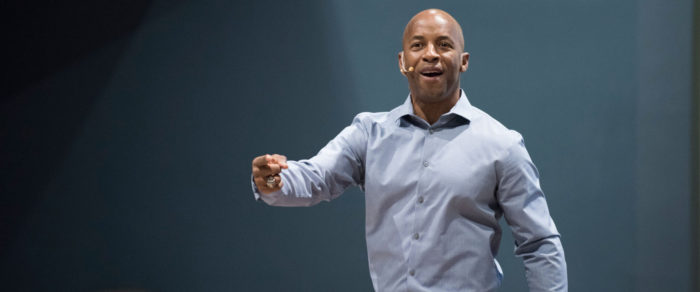
JJ Birden is a former wide receiver who played 9 years in the NFL. Birden was a part of the Cleveland Browns, Dallas Cowboys, Kansas City Chiefs and Atlanta Falcons, before he took advantage of his opportunities to become a businessman, motivational speaker and author.
Every year I was in the NFL I would say to myself, “Okay, let's see if I can play another year.” Then it turned into, “Let me see if I can get to year four,” since that is when players are vested. Around year five I was always thinking about the transition and life after football. At the end of my ninth year, I felt fortunate I played in the NFL, but was ready to move on.
“ ...I felt fortunate I played in the NFL, but was ready to move on. ”
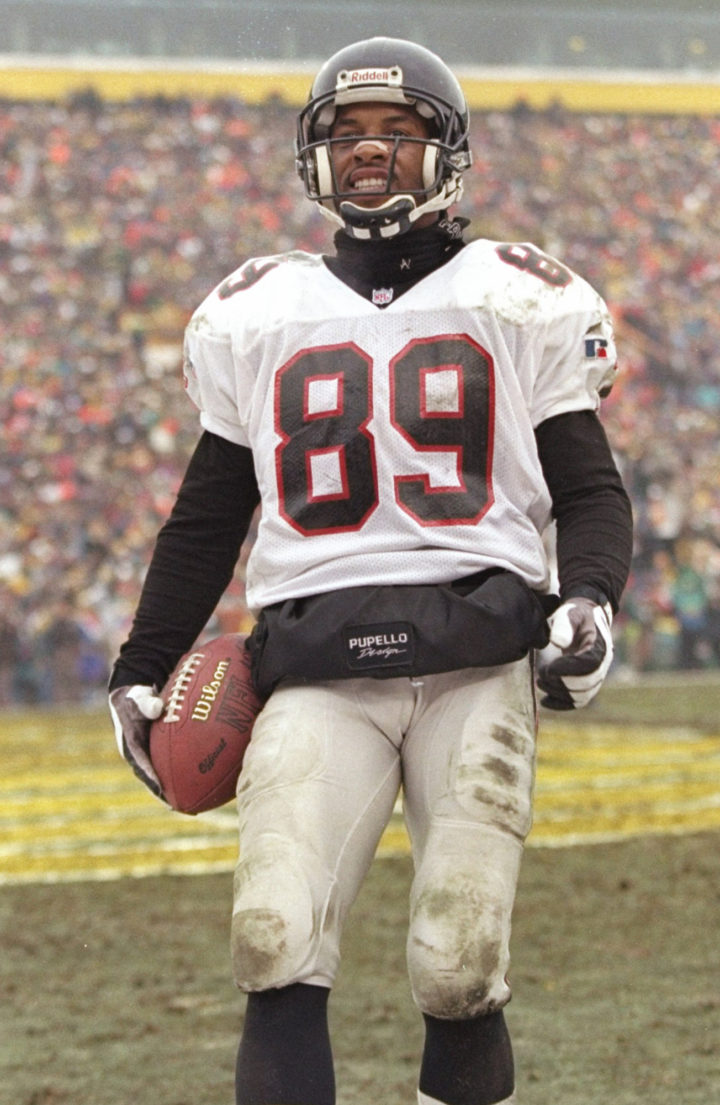
I was doing quite a few things to prepare myself once my career was over. Every NFL team has opportunities for players to do appearances in the offseason. This was cool because not only could you make some extra money, but you’d get the opportunity to meet different people in the business world or from different organizations. We could also then go speak at schools and to businesses and companies. It made me realize speaking was something I could definitely improve on and use the rest of my life.
Three of my years while in Kansas City, I was the hurdles coach at Lee Summit High School during the offseason. I would coach and work out with the kids to see if I wanted to get into coaching.
It didn’t happen immediately. I was obsessed with making sure I was not going to become one of those stories of a player whose career ends, they lose all their money and do not know what to do. The first thing I did was make small investments in six different companies. This obsession caused me to spread myself too thin, as I was trying to do too much, too soon. Three of those companies failed and three survived. I ran two companies and was a sales manager for another for 10 years.
“ I was obsessed with making sure I was not going to become one of those stories of a player whose career ends, they lose all their money and do not know what to do. ”
I ended up selling those companies and transitioned into direct sales, which I’ve now been in for 12 years, selling health and wellness products. I wanted more control over what I do and who I work with. The business strategy is something I can certainly get behind: help others achieve their goals and your own goals will fall into place.
I’m actually with a company called Isagenix right now. About five years ago, I was at one of their company events where 15,000 people were in attendance. I spoke to them on stage and when I received the CD of my presentation later, I watched and thought, “I’m not too bad at speaking to 15,000 people.” I had always wanted to speak so I decided to be a professional speaker.
I sought out a mentor, Dr. Will Moreland, a very successful speaker and author. He worked with me on launching my keynote speaking career five years ago. I absolutely love it because everything I learned during my journey to the NFL and the time I spent in the NFL, I can now teach others.
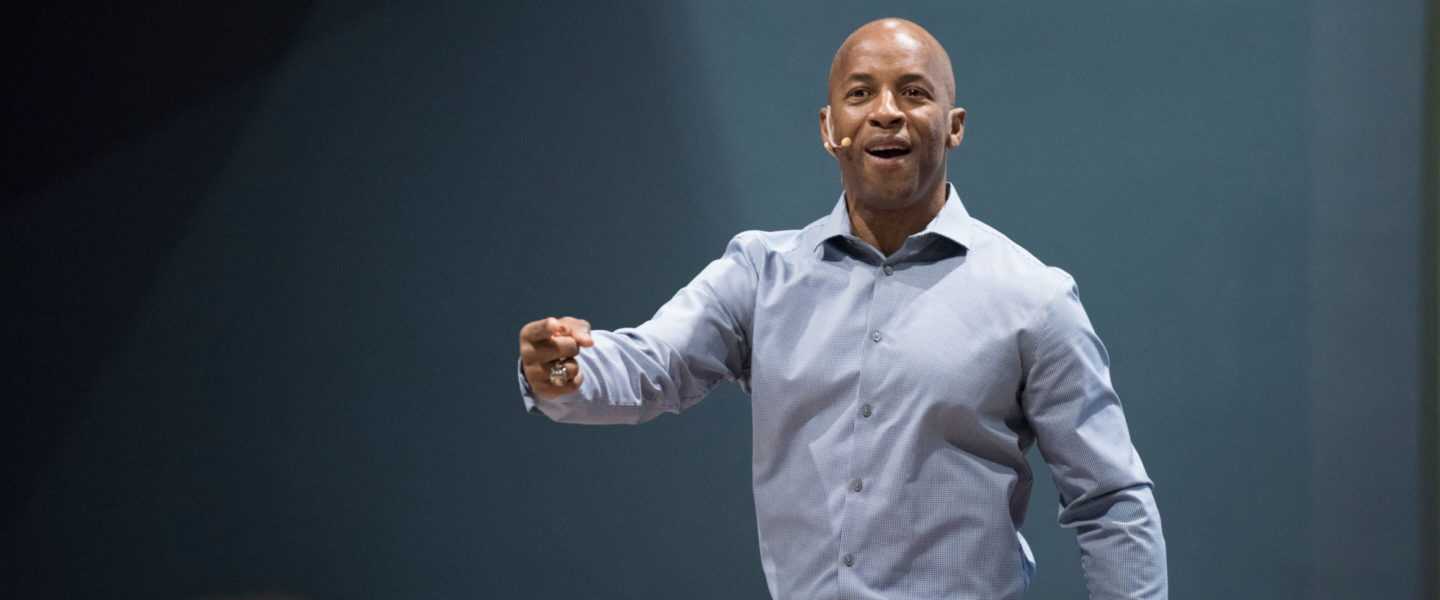
Initially, I was speaking more to schools and different organizations and charities. Over the last couple years, I've moved toward being a corporate motivational speaker.
I have a couple of keynote presentations I use but I make it clear to everyone when I speak, my job is to help them understand what it takes to perform at a high level. I dig into the principals involved, the steps, and I discuss what I call my “eight strategies on how to seize your opportunities.” I think I've done a really good job of tailoring it so I can speak to an all-male audience, an audience made of all women, a young or old audience, etc. Whoever is in the audience gets some sort of value from it.
When talking about seizing opportunities, I have a pretty amazing story. I've been married to my college sweetheart, Raina, almost 29 years. We have three biological children and 10 years ago we took in our five nieces and nephews, so we now have eight children. It was a huge transition for us which I share in my presentations. One of the points I make is sometimes in life you have to step up and make decisions that might be difficult, but you do whatever is best for your family. You might have a plan and be headed into a certain direction, then life throws you a curve ball. What do you do in those moments? You call an audible! You process the information, make a decision and then commit to your decision. That’s what we did when we received the call from my nephew and nieces.
“ One of the points I make is sometimes in life you have to step up and make decisions that might be difficult, but you do whatever is best for your family. ”
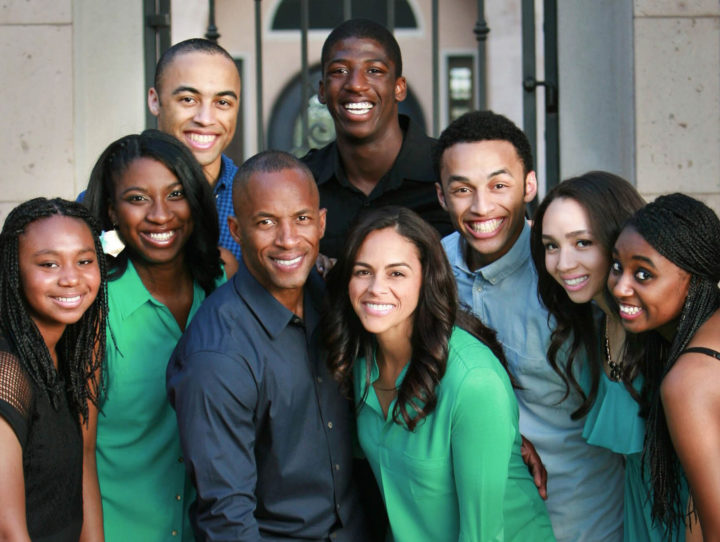
I 100% think other former players have a message and a story they can share. We were part of a rare organization, where there’s approximately 1,696 men on an active roster. It’s a very special community.
The first thing I always ask is, “What is your message going to be? What’s going to be your specialty? What’s going to be your content, because content is king. Who’s your audience?” There’s a lot of athletes out there who are speakers who tell stories, but they’re not teaching or giving success points. Don’t get me wrong, there’s nothing wrong with sharing personal stories, but you must make sure each story has a teaching point. You want your audience to be able to leave with specific action steps they can implement.
“ People see you not as just an athlete, but you are also an author. ”
I did a lot of free speaking engagements early on and would get video clips of my speaking to post on YouTube. Companies want to see you on stage and make sure you know how to speak and how to hold the attention of an audience. Another tip is to write a book. When you write a book and you’re a speaker, all of a sudden, your credibility goes up ten times. People see you not as just an athlete, but you are also an author. It attracts you to more companies that want to hear your message.
I feel so many people have an opportunity to do something, to achieve a goal or dream, or to do something important. Maybe they didn't seize an opportunity, or they got their shot but didn't maximize it. I felt I was the poster child of seizing an opportunity. I played nine years in the NFL at 5’10 and 157 pounds. You don't see guys my size playing the game that long, but I took advantage of the opportunity. My book is a blueprint for everyone to help them understand what it takes to maximize the opportunities we have every day. My book will provide them with the right mindset.
“ My book is a blueprint for everyone to help them understand what it takes to maximize the opportunities we have every day. ”
A point I share when speaking is, “When opportunity knocks, you don’t answer the door. You rip the hinges off the door and make the opportunity stay.” You’ll have an entirely different mindset when you take that approach. My book launched me as a speaker, because I was then seen as an expert on what it takes to seize your opportunities. Since it was my first time writing a book there was a learning curve, but in the end, I was very happy with the result and I plan on writing another this year.
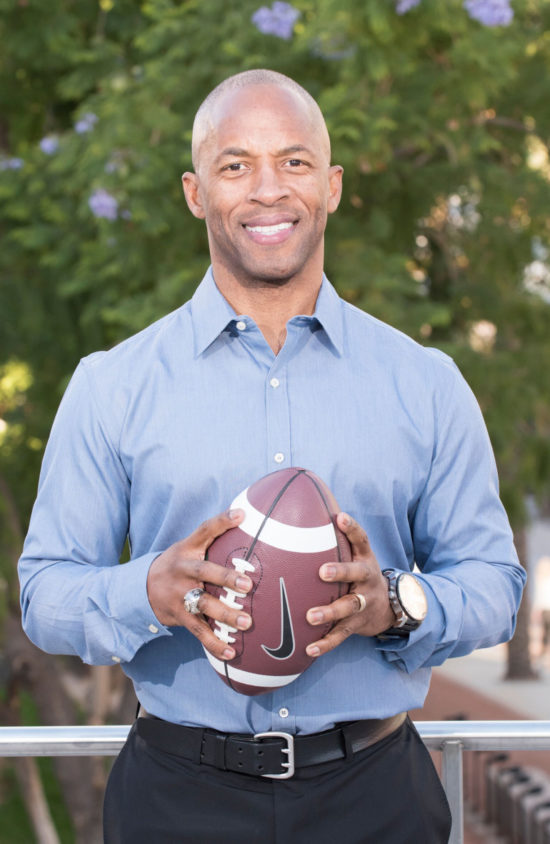
When I first heard about The Trust I was very excited, because it was nice to see a focus on helping former players. A lot of us sometimes feel abandoned. Once your career is over, you sometimes feel like you have been kicked to the curb. It was nice to see The Trust is really focusing on helping former players in life after football.
“ Once your career is over, you sometimes feel like you have been kicked to the curb. ”
As soon as I heard about it, I looked at everything it had to offer and was impressed - I liked that The Trust had a variety of options to accommodate the different needs of former players. I looked at the different programs and focused on the ones that accommodated the needs I was looking for help with.
I love the Breakfast Club and think it’s a brilliant idea. Living in Arizona, I get to train at EXOS’ performance facility. I like the fact that for six weeks, I get to go back into this environment that almost recreates what it was like in the NFL.
You have a first-class facility, first-class trainers and physical therapists, and then you get to work out with former players. You get the feel of what it was like back in the day when we work out with players - the camaraderie and pushing ourselves in competition. Then there’s educational aspects from a health standpoint. I'm 53 now and my health is very important, so any tips I can get from experts, I'm looking to apply them.
“ You get the feel of what it was like back in the day when we work out with players - the camaraderie and pushing ourselves in competition. ”
I think they should make sure they read the emails The Trust sends, because it can be very easy when any email comes through to just ignore your inbox. I go through every single email, because I want to make sure I’m not missing something The Trust is doing for us. They're creating services, options, events, etc. and if we don't utilize them, the only person we can blame is ourselves.
There is really something for everyone, so I would encourage them to not prejudge. I'm sure there's something for you.
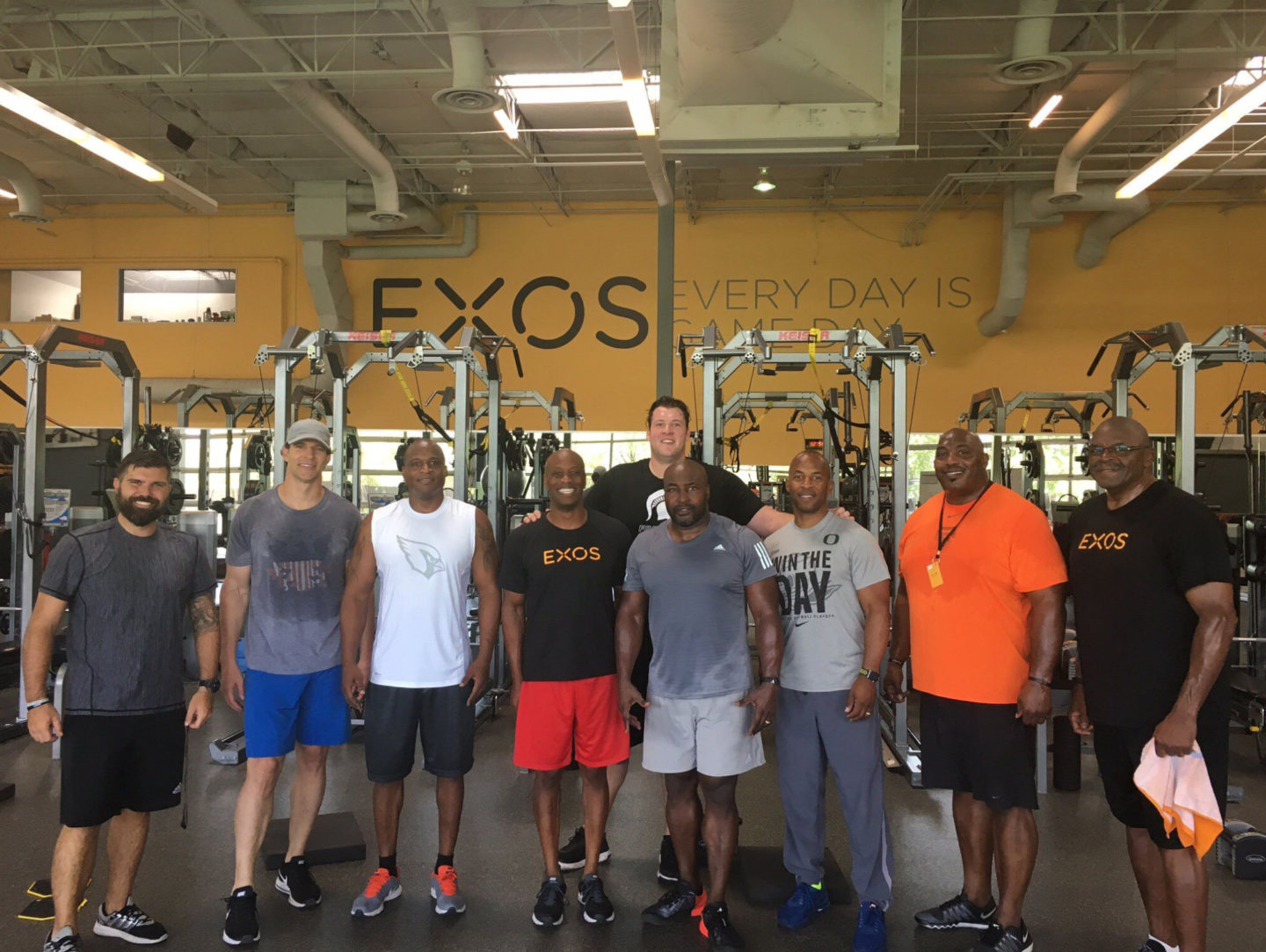
The Trust is here to support you.
Ready to learn how?